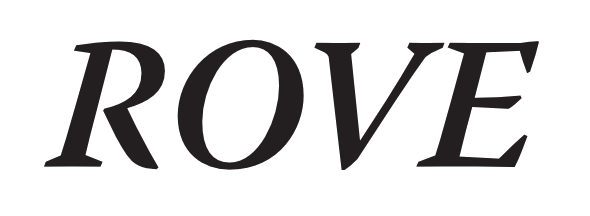A Wikimedia strategy for a radio station
I had a chat with Nelson radio station Fresh FM, and they were very interested in what Wikipedia and Commons might mean for them. The following is a crash course in copyright and WikiCommons for them, and any other radio station or sound archive.
Under NZ law, the station owns the copyright for any creative work created by its employees (audio and photos) in work time unless their employment contracts state differently.
Again under NZ law, that copyright is automatically All Rights Reserved for 50 years after the end of the year the work was made or first broadcast (whichever's later). That means no making copies, sharing, mixing, quoting etc by anyone without the station's explicit permission.
A few exceptions for criticism and study, but that's it. No "non-commercial" exemption. No parody/satire exemption – that's illegal in NZ. No "Fair Use" (that's American).
What if the station goes bust in the next 50 years? Whoever buys the assets buys the copyrights. With some works it's impossible to know who the copyright holder is, so the work's effectively unusable for decades.
Listening to a podcast is not "making a copy". Nor is streaming it. Posting MP3s to one's own website or emailing them to people is though.
There is a licensing scheme called Creative Commons that lets you choose a more lenient licence than All Rights Reserved. Examples include CC Attribution (anyone can use the work for any purpose but they have to credit the copyright holder), CC Attribution Share-Alike (ditto but anything remixed out of the work has to be shared under the same open licence), and CC Attribution Share-Alike Non-Commercial (ditto, but nobody can make money out of it).
"Non-commercial" sounds great, but it stops any other media from using the work, as well as some heritage organisations, publishers, educational establishments etc. Also you'll want to have a lawyer enforcing it.
Wikimedia Commons (WikiCommons) is the sister website to Wikipedia, and stores all the maps and photos Wikipedia draws on. It also has some video and a little bit of audio. Everything in WikiCommons is shareable under an open licence like CC Attribution, CC Attribution Share-Alike, or Public Domain. Notably, "non-commercial" is NOT an open licence, so WikiCommons can't host it, and so Wikipedia can't use it.
Copyright holders can choose to share their work to WikiCommons under an open licence. It's effectively an irrevocable donation, and only they can do it – part of the upload is a short legal release.
There are a multitude of possible uses of radio in WikiCommons, emphasis on educational and encyclopedia-useful content:
Someone stating their name and occupation, which can be added to their Wikipedia infobox so people can hear how their name's pronounced
An person explaining something in their own words, such as an artist talking about their work
A song or musical performance (note that the tune and lyrics might be copyrighted to someone else, even if the recording's copyrighted to the station – it gets complex)
Oral history of an event or place that's in Wikipedia
Historic broadcasts from the archives
Pronunciations of words in a New Zealand accent, or Te Reo pronunciations of place names by a local speaker
Audio needs to be converted into an open file format (see these instructions)
A station that wants to share audio should create a Commons category (like Rádio Senado has) and uploads should be made by someone with a Wikipedia account and something on their user page making it clear they're an employee and authorised to release audio to Commons. I suggest working with an experienced Wikipedian to set all this up.
Smaller stations can take the lead on this while big stations spend years arguing about protocols and procedures. No radio station in NZ is engaging with Wikipedia or WikiCommons yet! Any community-centred radio station should see releasing some of this audio under an open licence as part of their mandate to share their work. And note that WikiCommons is archived permanently, so that audio will be safe no matter what happens to stations or archives in NZ in the future.
